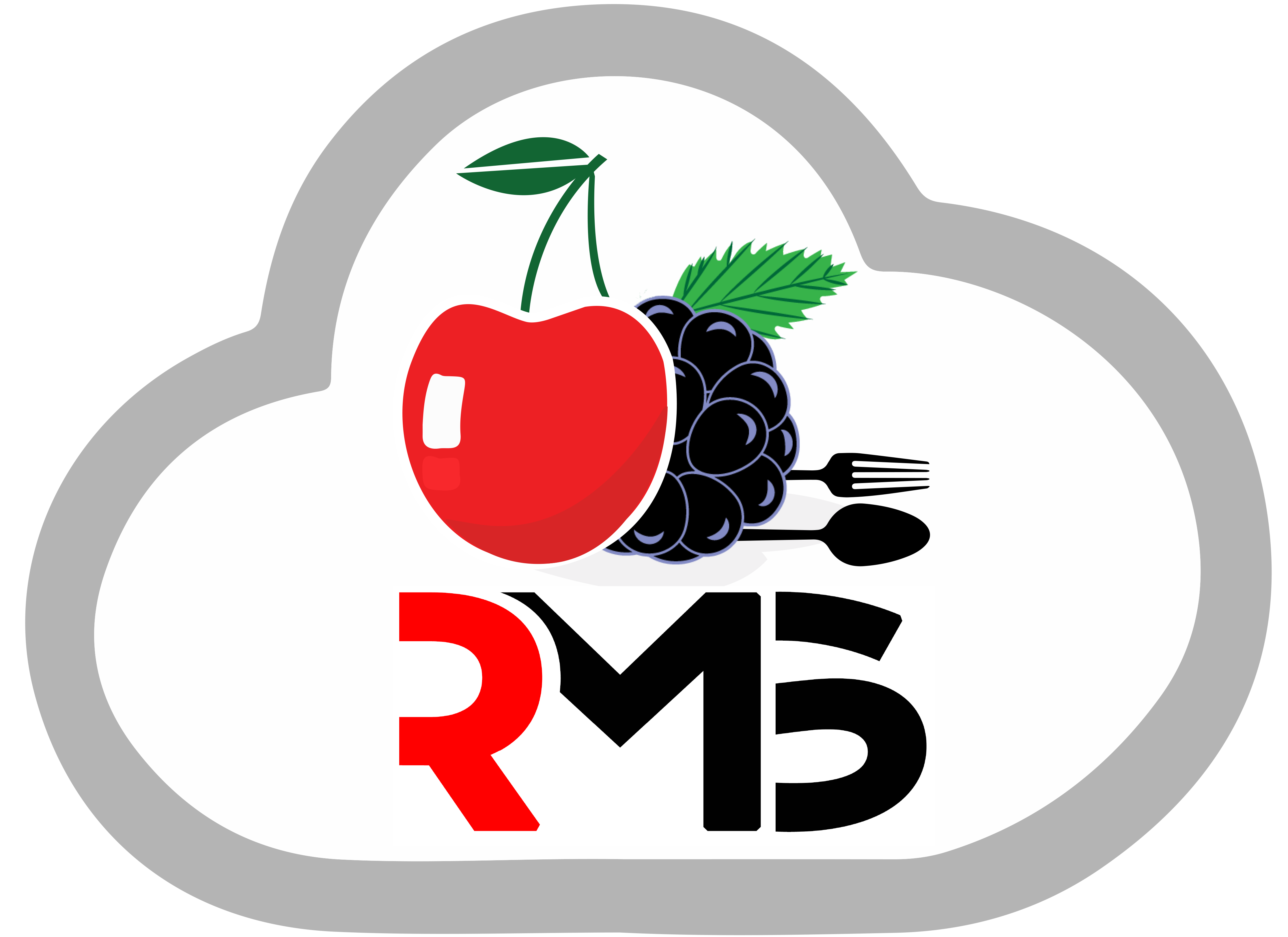
The Vital Role of Restaurant Call Center in Lahore Pakistan
Restaurant call centers act as pivotal customer service hubs, professionally handling large inbound call volumes, phone orders, and other support inquiries. With increasingly digital and mobile consumers still desiring human connections for more complex needs, outsourced call centers streamline restaurant operations better than standalone sites ever could. Optimized call management ensures patrons get assistance reliably and efficiently. For high-volume quick-service chains, call centers are especially vital assets meriting large investments. Their capabilities today even stretch beyond phones into Omni channel support over email, social, chat, and self-service. As a restaurant call center in Lahore, Pakistan aims to put customer experience first, specialized call centers help achieve excellence cost-effectively. Restaurant call centers play a great role in restaurants’ success.
Efficiency at Scale for Complex Orders:
Quick-service chains with hundreds of locations and complex menus often intimidate customers from ordering on-site during busy times. Long queues and fear of holding up lines for big, customized takeout orders make phoning from home or work more attractive. However individual stores get overwhelmed with call volumes during rush periods, leading to long wait times, lost calls, and botched orders eroding loyalty. Centralized call centers create the infrastructure to reliably handle extraordinary volumes with optimal staffing. Regional call routing directs each inbound call automatically to the first available agent according to load. Since orders get fed digitally to local stores instantly, customers feel as delighted as if they phoned that store directly without frustrating delays. This gives managers visibility to anticipate and staff for large orders. Virtual queues via interactive voice response messaging during spikes also reassure callers till live assistance gets them. Whether lunch catering or family meal deals, restaurant call centers support complex orders without congesting on-site teams.
Consistency and Personalization at Scale:
In addition to efficiency, restaurant call centers also promote operational consistency critical for chains. Customers often complain about getting incorrect information from different stores. Central platforms ensure agents access official sources on promotions, inventory, etc. for unified messaging. Call recording for quality control and coaching reinforces this reliability. Furthermore, CRM integration provides customer histories across channels to foster personalization and micro-targeting.
Optimized Labor Allocations:
Another massive value stemming from outsourced call centers is optimized labor allocation on-site. During low-traffic periods, stores get overstaffed to manage phone support cannibalizing worker productivity. Alternatively, staff juggling calls and counter service resent one duty over the other causing dissatisfied experiences. Dedicated call staff fosters focus, freeing up on-site teams to engage in-store guests. Sites seeing short staffing from leaves or attrition need not worry about abandoned calls either. Executives also get analytical reporting on call trends like peak days, popular menu items, regional promotion success, etc. to tailor locations and operating hours. Without outsourced call management, most chains would require overstaffing across every site perpetually to maybe match capabilities that purpose-built call centers routinely deliver. The cost and training optimization from pooling specialized resources centrally provides restaurants with unmatched ROI.
Omnichannel Support and Emerging Technology:
Finally, modern call centers transcend beyond voice to enable omnichannel customer support across the brand digitally. Many platforms offer integrated services for email management, social media response, live chat, and chatbots. This means whenever guests message restaurants via Facebook rather than phone, the same centralized team responds after accessing CRM records. Some chains even opt for separate email and social media-focused call center specialists given heavy digital query volumes. This omnichannel attention managed professionally prevents issues from falling through the cracks. Exploring emerging channels like chatbots for automated inquiries and virtual assistants for voice orders allows brands to strategically resource human agents only for complex exceptions. Thanks to call centers, restaurants can ensure patrons get assistance reliably across every modern channel not viable through individual locations.
Conclusion:
Outsourced call centers are invaluable investments as restaurants aim for service excellence today. They offer specialized infrastructure and skilled, focused agents difficult for single locations to match economically. By excelling at order management, personalized service, omnichannel support, and optimizing human resources, call centers meaningfully augment restaurant brands, both operationally and financially. Their capabilities will only grow more pivotal managing everything from voice-based food ordering via virtual assistants to live video customer support. As digital innovations transform dining, so will the responsibilities of an augmented restaurant call center in Lahore, Pakistan in delivering effortless customer experiences. Visit CherryBerry RMS!
